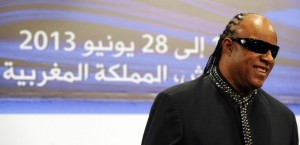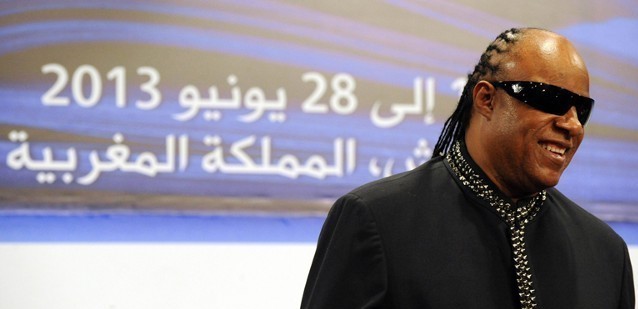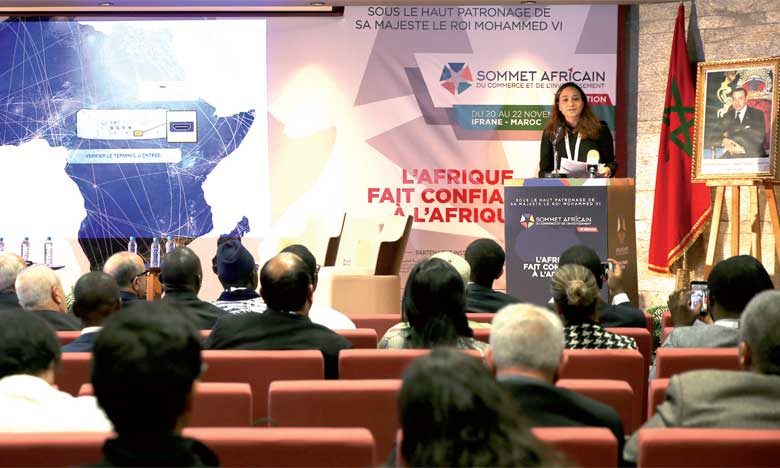 The city of Marrakesh hosted last week the signing of an international treaty that was hailed as historic since it is meant to enable hundreds of millions of blind or visually impaired people to have access to published materials.
The city of Marrakesh hosted last week the signing of an international treaty that was hailed as historic since it is meant to enable hundreds of millions of blind or visually impaired people to have access to published materials.
The signing of the treaty was no easy task. Negotiations with publishers and right holders took over a decade before publishers agreed to limit their reproduction rights and the 800 representatives of the 186 member countries of the World Intellectual Property Organisation (WIPO) attending the Marrakesh conference held sometimes heated debates before they reached a compromise on these restrictions.
Under the treaty that was finally sealed last Friday, on the final day of the WIPO diplomatic conference, held June 17-28, the works published worldwide will be distributed in audio or braille files around the world without prior permission of the publishers, facilitating thus access to published materials of the some 340 million blind people numbered in the world, out of whom almost 90% live in developing countries. To date, only between 5% and 7% of books in the world are published in accessible formats for the visually impaired, according to the World Blind Union.
Fifty-one States, mostly developing countries from Africa and Latin America, and a few developed countries, including Switzerland and the United Kingdom have signed the treaty.
Mustapha Khalfi, the Moroccan Minister of Communication and president of the diplomatic conference, hailed the spirit of compromise that made the signing of the treaty possible and urged countries to ratify and implement the treaty. Twenty ratifications are necessary for the entry into force of the treaty.
Music legend Stevie Wonder, himself a blind, who was in Marrakesh for the occasion, called the treaty, a culmination of years of negotiations and resistance from rights holders and a new beginning.
Algeria, on behalf of the African Group, greeted the treaty but said it was only the first step “in the long march” to reach balance in the international intellectual property system.
“A system which has been, for too long, taking care mostly of the private interests of right holders sometimes at the expense of the larger public interest,” said the Algerian delegate. He pointed out that in most developing countries, it was not the lack of political will but scarcity of material and financial hurdles that prevent countries from integrating visually impaired people.
The US Department of State said in a press release that “the United States considers the agreement reached in Marrakesh to be an important achievement that will help reduce the book famine that confronts the blind.” “Adoption of the treaty is the first step, and the Administration looks forward to working with Congress to secure advice and consent to ratification of the Treaty,” the release said.
Justin Hughes, chief negotiator for the US, said in a statement that the US delegation “believes this Diplomatic Conference has indeed produced something truly excellent.”
The European Union, which was, along with the United States, described by many as having been the most reluctant to a treaty in the early days, also lauded the adoption of the treaty as “great news.”



